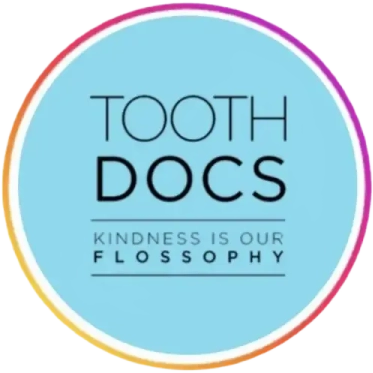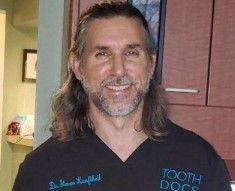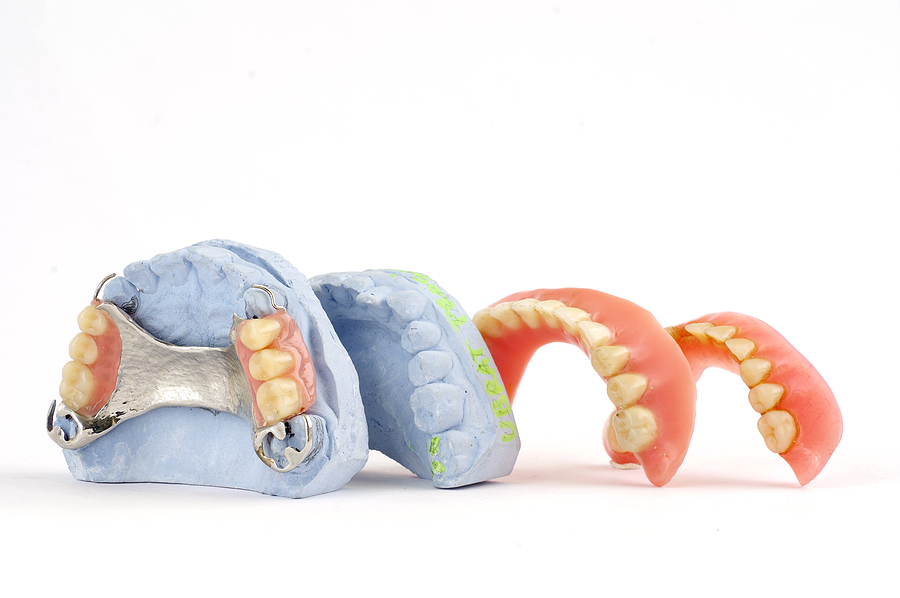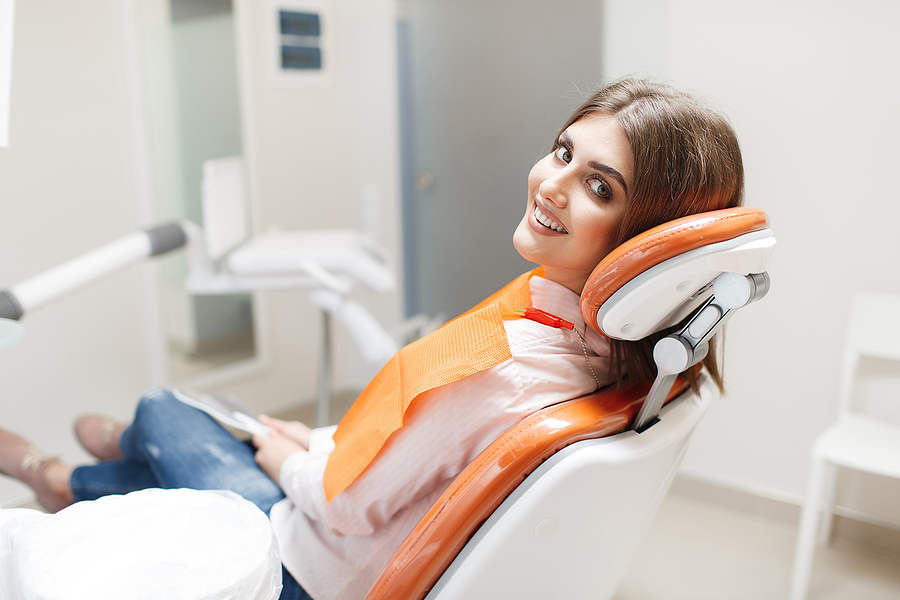![This is a thumbnail image of blog Dental Implants Are the Best Solution for Missing Teeth This is a thumbnail image of blog Dental Implants Are the Best Solution for Missing Teeth]()
Dental Implants Are the Best Solution for Missing Teeth
Nov 22, 2023![Dental Checkup in Roslyn and New York, NY Dental Checkup in Roslyn and New York, NY]()
Importance of Regular Dental Checkups: Your Path to a Healthy Smile
Apr 28, 2024![This is a thumbnail image of blog Comprehensive Guide to Dentures and Partial Dentures in New York, NY This is a thumbnail image of blog Comprehensive Guide to Dentures and Partial Dentures in New York, NY]()
Comprehensive Guide to Dentures and Partial Dentures in New York, NY
Jul 05, 2024![This is a thumbnail image of blog Caring for Your Child's Teeth: Tips for Parents on Establishing Good Oral Hygiene Habits Early This is a thumbnail image of blog Caring for Your Child's Teeth: Tips for Parents on Establishing Good Oral Hygiene Habits Early]()
Caring for Your Child's Teeth: Tips for Parents on Establishing Good Oral Hygiene Habits Early
Dec 27, 2024![Dental Implants in New York, NY Dental Implants in New York, NY]()
The Impact of Dental Implants on Jawbone Health & Facial Structure
Mar 12, 2025

Fear No More: Conquer Dental Anxiety With Sedation Dentistry
Dental anxiety, also known as dental phobia or odontophobia, is a condition characterized by intense fear or apprehension when it comes to receiving dental treatments. It can range from mild unease to extreme panic and can be triggered by various factors such as the sound of dental instruments, the smell of the clinic, or past traumatic experiences.
This type of anxiety is more common than you might think. In fact, studies suggest that up to 15% of people worldwide experience some form of dental anxiety. That means millions of individuals are avoiding essential oral care due to their fears.
The Rise of Sedation Dentistry
The dental chair can be a place of fear and anxiety for many people. The mere thought of drills, needles, and the sounds associated with dental procedures is enough to send shivers down the spine. But fear no more! With the rise of sedation dentistry, those anxious feelings can be put to rest. Sedation dentistry has gained popularity in recent years as a solution for patients who experience dental anxiety or have difficulty sitting still during procedures. It involves using medication to help patients relax and feel more comfortable throughout their treatment.
There are different types of sedation methods used in dentistry, ranging from mild forms like nitrous oxide (also known as laughing gas) to deeper levels of sedation such as oral conscious sedation or IV sedation. These methods allow patients to remain awake but deeply relaxed or even asleep during their procedure.
One of the main benefits of choosing sedation dentistry is that it helps alleviate anxiety and fear associated with dental visits. For many individuals, this means they can finally get the care they need without feeling overwhelmed by fear or panic. Additionally, sedation dentistry allows for more efficient treatment sessions since patients are able to relax and cooperate better during lengthy procedures. This not only benefits the patient but also enables the dentist to work more effectively.
Types of Sedation Methods in Dentistry
When it comes to overcoming dental anxiety, sedation dentistry offers a range of options that can help patients feel at ease during their dental visits. Here are some common types of sedation methods used in dentistry:
- Nitrous Oxide: Also known as laughing gas, this is one of the mildest forms of sedation. It is administered through a mask placed over the nose and helps patients relax while still remaining conscious.
- Oral Sedation: This method involves taking oral medication before the dental procedure. The medication can range from mild to moderate sedatives, depending on the level of anxiety experienced by the patient.
- IV Sedation: Intravenous (IV) sedation is often used for more complex procedures or for patients with severe dental anxiety. Medications are delivered directly into a vein, inducing deep relaxation or even sleep throughout the entire treatment.
- General Anesthesia: Reserved for extensive procedures or cases where complete unconsciousness is necessary, general anesthesia puts patients into a deep sleep and eliminates any awareness or memory of the procedure.
It's important to note that which type of sedation method will be most suitable for you depends on several factors, such as your level of anxiety and overall health condition. Your dentist will assess these factors and recommend an appropriate option tailored to your needs.
Sedation dentistry offers a path toward better oral health without fear or stress. To learn more, visit ToothDocs at 630 5th Avenue Suite 1815, New York, New York 10111, or call (212) 969-9490 to schedule a consultation.
Locations
630 5th Avenue Suite 1815, New York, New York 10111
Phone: (212) 969-9490
Email: info.nyc@toothdocsdental.com
- MON - FRI9:00 am - 5:00 pm
- SAT9:00 am - 4:00 pm
- SUNClosed
1044 Northern Blvd., Suite 106, Roslyn, New York 11576
Phone: (516) 625-0088
Email: info.roslyn@toothdocsdental.com
- MON9:00 am - 6:00 pm
- TUE9:00 am - 5:00 pm
- WED9:00 am - 6:00 pm
- THU - FRI9:00 am - 5:00 pm
- SAT - SUNClosed














comments